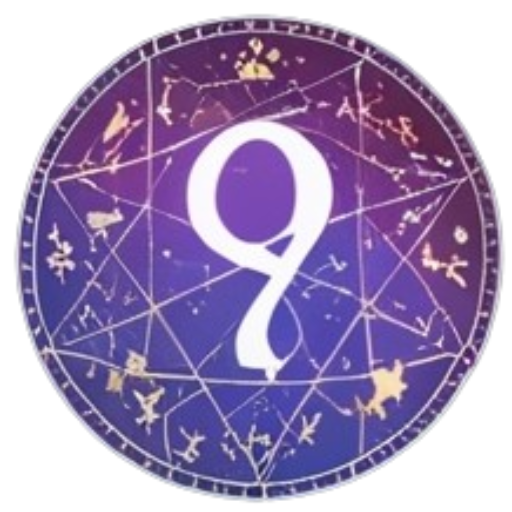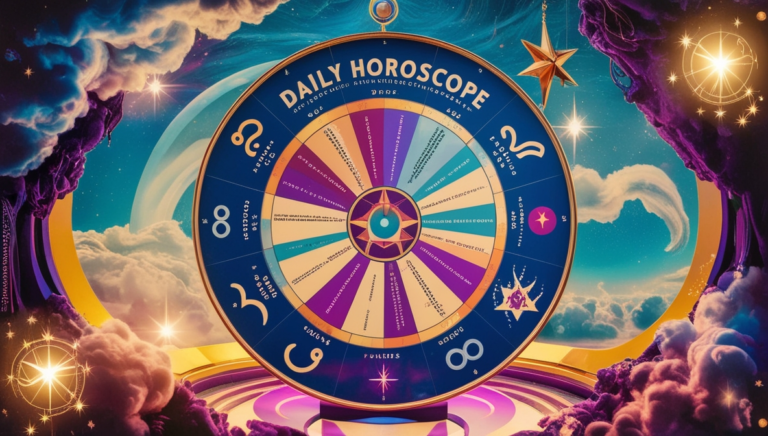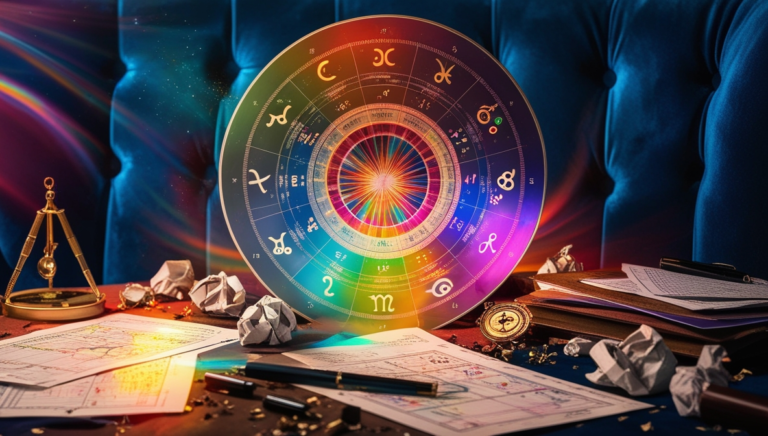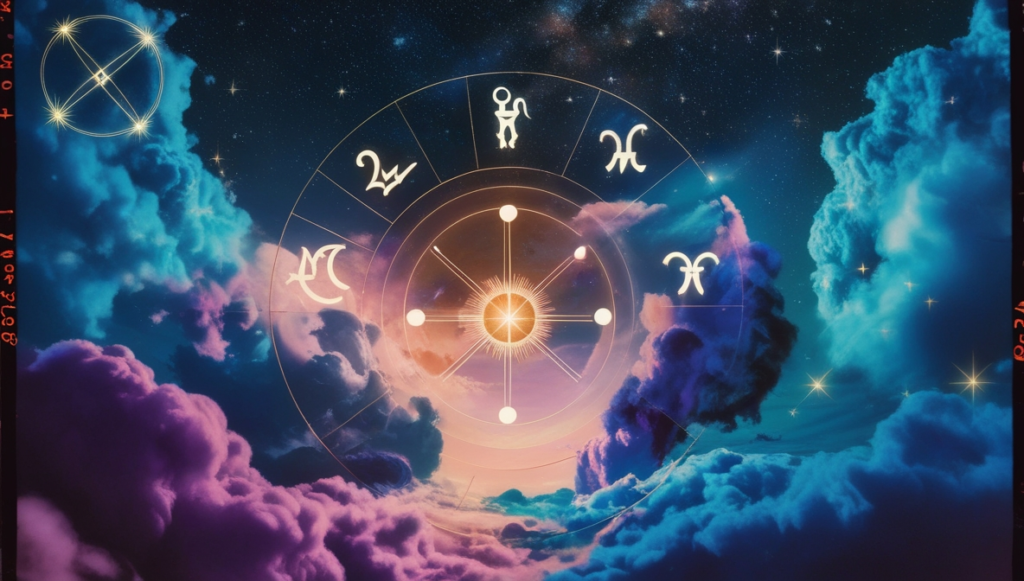
Astrology is an ancient practice that seeks to understand the influence of celestial bodies—such as planets, stars, and the moon—on human life and the natural world. For thousands of years, cultures around the globe have turned to astrology for guidance, self-awareness, and to make sense of the world around them. Today, astrology continues to be a powerful tool for those seeking insight into their personalities, relationships, and future events.
What is Astrology?
At its core, astrology is the study of the movements and relative positions of celestial objects and how they correlate with events on Earth. The foundational belief of astrology is that the alignment of the planets and stars at the time of a person’s birth can shape their personality, influence their life path, and affect their behavior and relationships. In essence, astrology links the cosmos to human experiences.
There are several branches and systems of astrology, but most people are familiar with Western Astrology, which uses the zodiac—a belt of the sky divided into 12 signs that the sun, moon, and planets appear to move through over the course of a year.
The Zodiac Signs: The Core of Astrology
In astrology, the zodiac is a fundamental concept. It consists of 12 signs, each associated with specific personality traits, strengths, weaknesses, and tendencies. Your zodiac sign, also known as your Sun sign, is determined by the position of the Sun at the time of your birth. Here’s a brief overview of the 12 zodiac signs:
- Aries (March 21 – April 19): Bold, energetic, and driven. Aries is the leader of the zodiac.
- Taurus (April 20 – May 20): Steadfast, reliable, and sensual. Taurus values stability and comfort.
- Gemini (May 21 – June 20): Curious, communicative, and adaptable. Gemini thrives on intellectual stimulation.
- Cancer (June 21 – July 22): Nurturing, sensitive, and intuitive. Cancer is deeply connected to emotions and home.
- Leo (July 23 – August 22): Confident, passionate, and charismatic. Leo seeks the spotlight and values recognition.
- Virgo (August 23 – September 22): Practical, detail-oriented, and analytical. Virgo excels at organization and helping others.
- Libra (September 23 – October 22): Balanced, diplomatic, and social. Libra seeks harmony in relationships and justice.
- Scorpio (October 23 – November 21): Intense, transformative, and secretive. Scorpio is known for emotional depth and power.
- Sagittarius (November 22 – December 21): Adventurous, optimistic, and philosophical. Sagittarius is the explorer of the zodiac.
- Capricorn (December 22 – January 19): Ambitious, disciplined, and determined. Capricorn is focused on long-term goals and success.
- Aquarius (January 20 – February 18): Innovative, independent, and humanitarian. Aquarius values progress and individuality.
- Pisces (February 19 – March 20): Compassionate, artistic, and intuitive. Pisces is deeply connected to emotions and creativity.
These zodiac signs serve as a framework for understanding basic personality traits, relationship dynamics, and potential life challenges.
ALSO YOU CAN CHECK
The Planets and Their Roles in Astrology
In astrology, each planet governs different aspects of life and personality. The movement of these planets through the zodiac can influence the energy and events in your life. Here’s a breakdown of the primary planets and their astrological significance:
- The Sun: Represents your core essence, identity, and ego. It governs your zodiac sign.
- The Moon: Governs emotions, intuition, and your inner world. It reflects your emotional needs and unconscious self.
- Mercury: Rules communication, intellect, and mental processes. It affects how you think and express yourself.
- Venus: Associated with love, beauty, relationships, and pleasure. It influences your romantic life and sense of aesthetics.
- Mars: Represents drive, ambition, and aggression. Mars impacts how you assert yourself and pursue desires.
- Jupiter: Symbolizes expansion, growth, and luck. Jupiter is connected to opportunities, knowledge, and abundance.
- Saturn: Governs discipline, structure, and responsibility. It teaches lessons through challenges and limitations.
- Uranus: Associated with innovation, rebellion, and sudden changes. It brings breakthroughs and unexpected events.
- Neptune: Linked to dreams, spirituality, and illusions. It governs imagination, intuition, and the subconscious mind.
- Pluto: Represents transformation, power, and rebirth. Pluto governs cycles of change and regeneration.
These planets, along with the sun and moon, form the basis of a person’s natal chart (also called a birth chart), which is a snapshot of the sky at the exact moment of their birth.
Astrology and the Natal Chart
A natal chart is a detailed map of where each planet was located at the time of your birth. It provides a much deeper and more nuanced understanding of your personality, potential life path, and challenges than your sun sign alone. Key elements of the natal chart include:
- Sun Sign: Your core identity and self-expression.
- Moon Sign: Your emotional nature and inner self.
- Rising Sign (Ascendant): How you appear to others and how you approach the world.
- Houses: The 12 sections of the chart, each governing different areas of life (e.g., career, relationships, health).
- Aspects: The angles between planets that reveal how they interact and influence one another in your life.
Understanding your natal chart requires an analysis of all these factors, creating a unique cosmic fingerprint that offers insights into your strengths, weaknesses, and the potential challenges you may face.
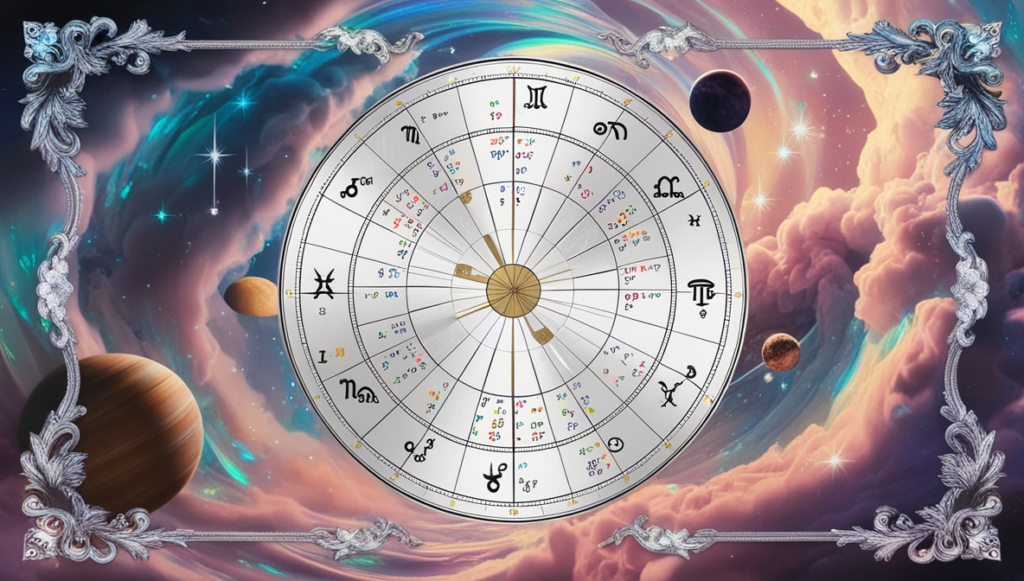
The Different Types of Astrology
Astrology has developed many branches over the centuries, each with a specific focus. Here are some of the most well-known types of astrology:
1. Western Astrology
Western astrology, based on the tropical zodiac, is the most common form of astrology in Europe and the Americas. It focuses primarily on the sun sign and the 12 zodiac signs, planets, and houses.
2. Vedic Astrology (Jyotish)
Vedic astrology, also known as Jyotish, is a system of astrology that originates in ancient India. It uses the sidereal zodiac, which is based on the fixed positions of constellations, and places a stronger emphasis on karmic influences and destiny.
3. Chinese Astrology
Chinese astrology is based on a 12-year lunar cycle, with each year associated with a specific animal sign, such as the Rat, Ox, or Dragon. It’s deeply connected to Chinese philosophy, particularly the concepts of yin and yang, and the five elements (wood, fire, earth, metal, and water).
4. Horary Astrology
Horary astrology is a predictive branch of astrology where the astrologer casts a chart for the moment a specific question is asked. It’s used to answer specific, often time-sensitive, questions.
5. Evolutionary Astrology
This modern branch of astrology focuses on the soul’s journey across lifetimes. It examines the deeper, spiritual purpose of an individual’s life path and karmic lessons.
The Importance of Astrology in Modern Life
Astrology remains popular because it offers people a deeper understanding of themselves and their place in the world. It serves as a tool for:
- Self-Discovery: Astrology provides insights into your personality, strengths, and areas for growth.
- Relationship Compatibility: By comparing natal charts, astrology can help you understand your relationships with others, from romance to friendships and family dynamics.
- Life Guidance: Many people turn to astrology for guidance during significant life events, such as career changes, love, and family decisions.
- Timing: Astrology can help with «electional astrology», which determines the most favorable times to start new ventures, such as getting married or starting a business.
While astrology cannot predict the future with certainty, it can highlight potential challenges and opportunities, empowering individuals to make informed decisions.
Final Thoughts: What Astrology Can Offer You
Astrology is a powerful tool for those seeking to better understand themselves, their relationships, and the world around them. Whether you’re a casual horoscope reader or someone delving into a detailed natal chart, astrology provides a unique lens through which to view life. By learning how the cosmos influences your day-to-day experiences and long-term path, astrology can offer insight, clarity, and a deeper sense of purpose.
